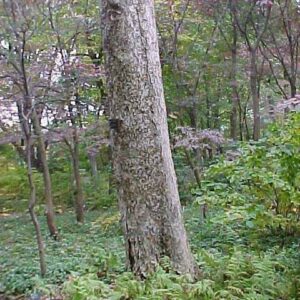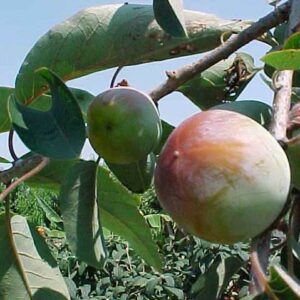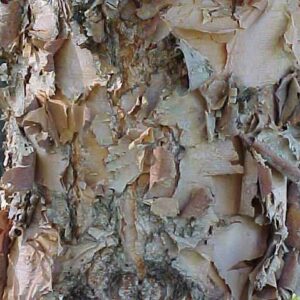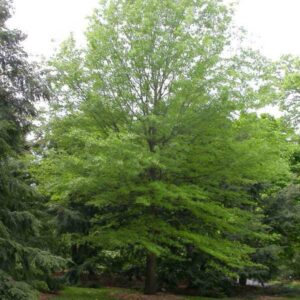Description
Type: Deciduous tree
Family: Rosaceae
Height: 20-35 feet
Spread: 20-35 feet
Native Range: Eastern US, in Missouri occurs primarily in low wet grounds in the southeastern and southwestern parts of the state.
Site Requirements:
Soil: average well drained soils
Water: dry to medium
Sunlight needs: Full Sun
Tolerates: Drought, clay soil, dry soil
Landscape use: flowering tree, rain garden
Brief Description: Small flowering tree, with dense round shape, glossy dark green leaves, small red fruits persist into winter
Wildlife Benefits: Fruits are eaten by birds
Possible Problems: One of the most disease-resistant hawthorns. As with most hawthorns, there is some susceptibility to cedar hawthorn rust (rust stage where eastern red cedars are present in the area) and fireblight. Fungal leaf spots, powdery mildew, cankers and apple scab are occasional problems. Insect pests include borers, caterpillars, lacebugs, leafminers and scale.
Stand out Features: Excellent spring flowers, good fall color, often has thorns
Read more here.





